The University of Santo Tomas was named the #3 top-performing...
Read More
Announcements

The Bachelor of Science in Electrical Engineering program of the University of Santo Tomas is a four-year program where the degree holder shall be engaged either locally or abroad in the following areas of practice:
The Bachelor of Science in Electrical Engineering program is accredited by the Engineering Accreditation Commission of ABET, under the commission’s General Criteria and Program Criteria for Electrical, Computer, Communications, Telecommunication(s), and Similarly Named Engineering Programs.

Center of Development

PAASCU (FAAP)
Reaccredited
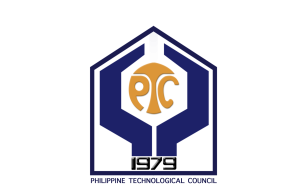
PTC ACBET
Assessed
The University of Santo Tomas was named the #3 top-performing...
Read MoreThe University of Santo Tomas tallied an 85.71% passing rate...
Read More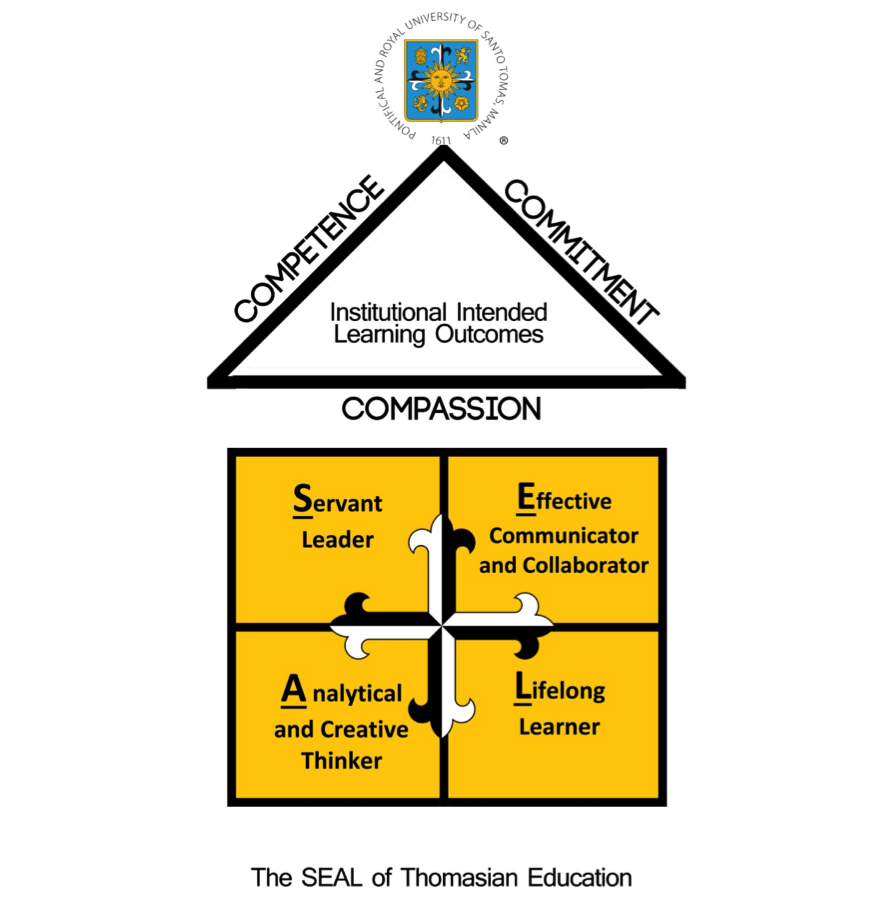
The University of Santo Tomas, in pursuit of truth, guided by reason and illumined by faith, dedicates herself to the generation, advancement, and transmission of knowledge to form competent and compassionate professionals committed to the service of the Church, the nation, and the global community.
I am a Thomasian. I carry the SEAL of Thomasian education. I am a Servant leader, an Effective communicator and collaborator, an Analytical and creative thinker, and a Lifelong learner. With Christ at the center of my formation as a Thomasian, I am expected to demonstrate the following Thomasian Graduate Attributes (ThoGAs):
SERVANT LEADER
EFFECTIVE COMMUNICATOR AND COLLABORATOR
ANALYTICAL AND CREATIVE THINKER
LIFELONG LEARNER
Effective for Cohort 2025 (AY 2025-2026 intake)
Within five years of graduation, holders of the degree of Bachelor of Science in Electrical Engineering from the University of Santo Tomas shall:
PEO 1 – Demonstrate technical competence in electrical engineering, locally or abroad, by engaging in any of the following: (a) design, operations, and management in industrial companies; (b) teaching or research after completing advanced studies; (c) technical sales or entrepreneurship after completing special training
PEO 2 – Demonstrate exemplary work ethics and commitment to the improvement of the society.
PEO 3 – Practice lifelong learning for professional development, reflective of compassion, and responsive to the challenges of the contemporary times through contemplative, creative and critical thinking skills.
Effective for Cohort 2015 (AY 2015-2016 intake) to Cohort 2024 (AY 2024-2025 intake)
“Within five years of graduation, holders of the degree of Bachelor of Science in Electrical Engineering from the University of Santo Tomas shall be engaged either locally or abroad in the following areas of practice: Power Systems Engineering; Design; Illumination; Entrepreneur; Sales; Educator and Researcher; Instrumentation and Control; Electrical Safety. Furthermore, they shall be expected to imbibe the following traits: contemplative, creative and critical thinking, exemplary work ethic; and a commitment to improve society and to lifelong learning.”
*Cohort refers to the year of entry of students
Equivalent to Program Intended Learning Outcomes
Effectivity: A.Y. 2019-2020
SO-1: An ability to identify, formulate, and solve complex engineering problems by applying principles of engineering, science, and mathematics
SO-2: An ability to apply engineering design to produce solutions that meet specified needs, with consideration for public health, safety, and welfare, as well as global, cultural, social, environmental, and economic factors
SO-3: An ability to communicate effectively with a range of audiences
SO-4: An ability to recognize ethical and professional responsibilities in engineering situations and make informed judgements, which must consider the impact of engineering solutions in global, economic, environmental, and societal contexts
SO-5: An ability to function effectively in a team whose members together provide leadership, create a collaborative and inclusive environment, establish goals, plan tasks, and meet objectives
SO-6: An ability to develop and conduct appropriate experimentation, analyze and interpret data, and use engineering judgment to draw conclusions
SO-7: An ability to acquire and apply new knowledge as needed, using appropriate learning strategies

Asst. Prof. John Michael S. Abrera, MEng, MSc
Master of Science in Electrical Engineering, major in Power System Engineering
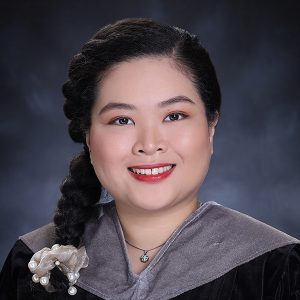
Engr. Ariane Joyce V. Gara, MMEM, MSc
Master of Science in Electrical Engineering
Master of Management major in Educational Management
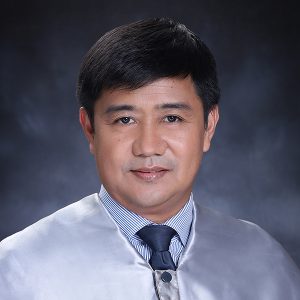
Asst. Prof. Danilo Jr. C. Guinto, MSc
Master of Science in Management Engineering
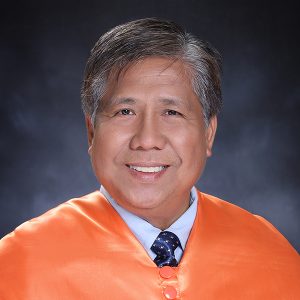
Engr. Rodrigo C. Gutierrez, MBA
Master in Business Administration

Engr. Joseph Benedict N. Prim, MSc
Master of Science in Management Engineering

Engr. Divine Grace M. Santos
Bachelor of Science in Electrical Engineering

Engr. Elisha James V. Seludo
Bachelor of Science in Electrical Engineering

Engr. Earl Gerald R. Tacneng
Bachelor of Science in Electrical Engineering

Mr. Randy P. Arcega
Laboratory Assistant

Mr. John Ralph B. Calica
Laboratory Assistant

Mr. Jesus T. Tardecilla
Laboratory Assistant